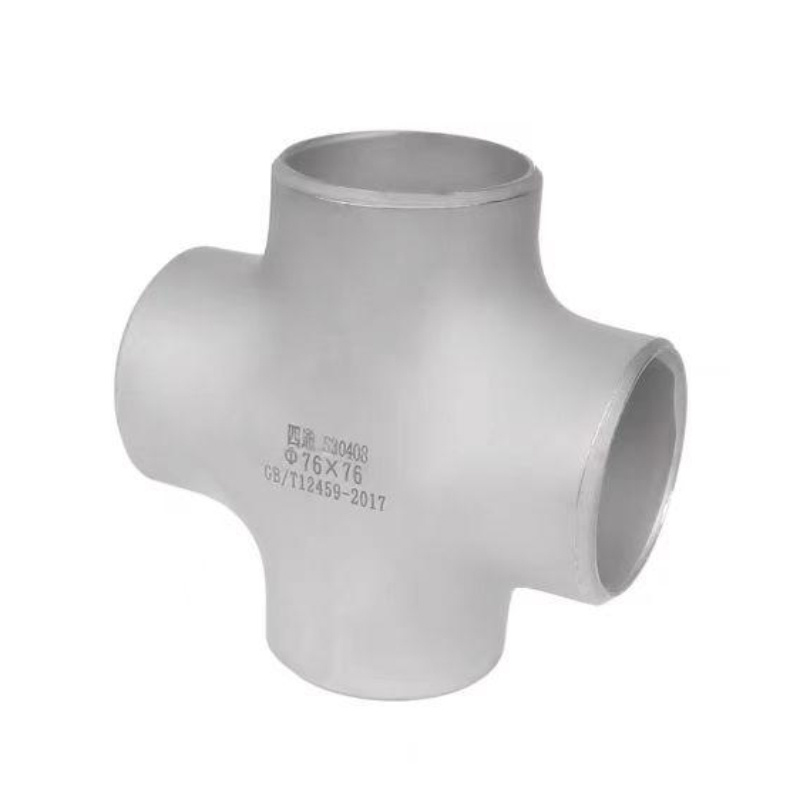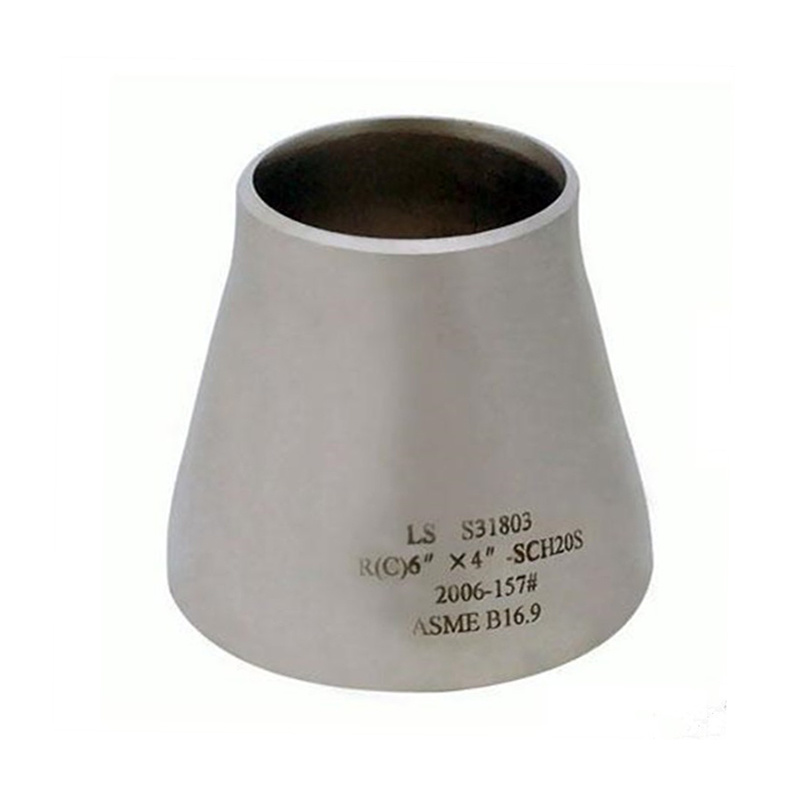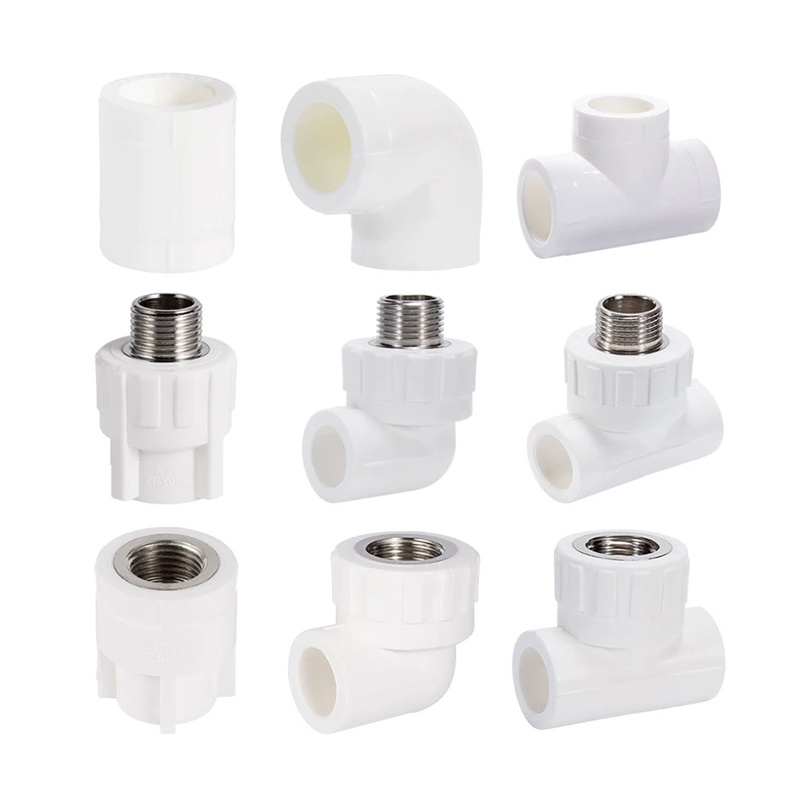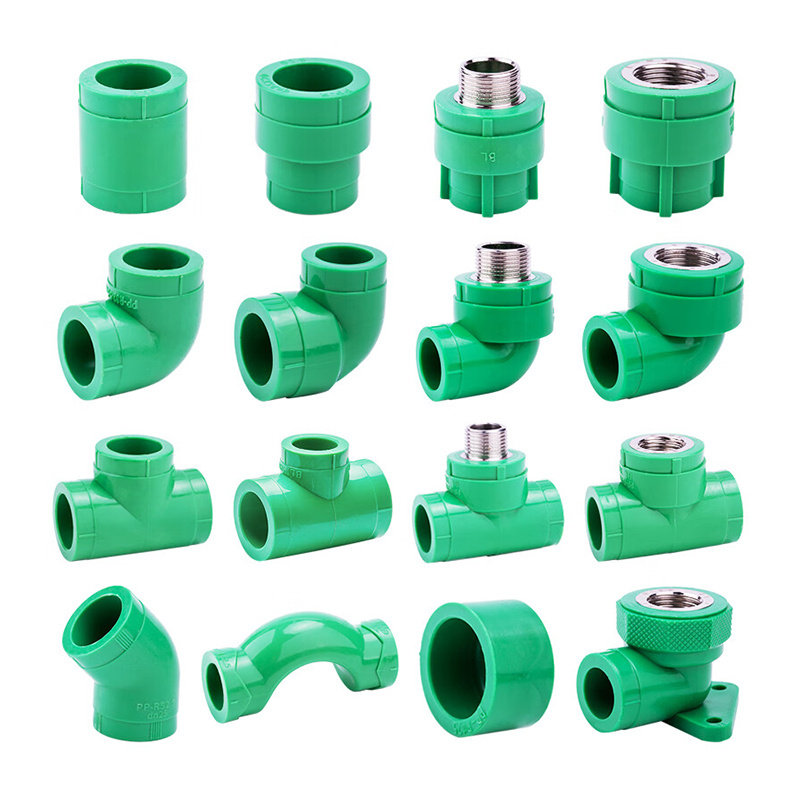
Anti-corrosion tubes are specialized products designed to prevent or reduce corrosion in various applications, particularly in industries where metal components are exposed to harsh environments, chemicals, moisture, or other corrosive agents. These tubes can be made from different materials and may include protective coatings or treatments that enhance their resistance to corrosion. Here are some key aspects of anti-corrosion tubes:
Types of Anti-Corrosion Tubes
1. Material Types:
Stainless Steel: Contains chromium, which forms a passive layer to protect against corrosion.
Carbon Steel: Often coated with anti-corrosion paints or galvanization (zinc coating).
Plastic and Composite Materials: Naturally resistant to corrosion and suitable for specific applications.
Copper and Alloys: Used in specific applications where corrosion resistance is critical.
2. Coatings and Treatments:
Galvanization: A process where a layer of zinc is applied to steel to prevent rust.
Powder Coating: A dry powder is applied and then cured to form a protective layer.
Epoxy Coatings: Provide a durable and chemical-resistant barrier.
Anodizing: An electrochemical process that enhances the natural oxide layer on metals like aluminum.
3. Applications:
Oil and Gas Industry: Pipelines and storage tanks exposed to corrosive environments.
Marine Applications: Components used in ships and offshore structures.
Construction: Structural elements that may be exposed to moisture and chemicals.
Automotive: Parts that face environmental exposure and road salt.
Benefits of Anti-Corrosion Tubes
● Extended Lifespan: Reduces maintenance costs and the frequency of replacements.
● Safety: Prevents structural failures that can result from corrosion.
● Cost-Effectiveness: Minimizes long-term costs associated with corrosion damage.
● Performance: Ensures reliable operation in demanding environments.
Considerations When Choosing Anti-Corrosion Tubes
● Environmental Conditions: Consider exposure to moisture, chemicals, temperature variations, and UV light.
● Mechanical Properties: Ensure that the chosen material can withstand the required loads and stresses.
● Compatibility: Check compatibility with other materials in the system to prevent galvanic corrosion.
● Regulatory Compliance: Adhere to industry standards and regulations regarding materials and coatings.
Conclusion
Anti-corrosion tubes play a vital role in many industries by protecting assets from the detrimental effects of corrosion. Selecting the right type of tube, material, and protective treatment is essential for ensuring durability and performance in corrosive environments.
Keywords

Anti-corrosion Tube
Contact Us
Classification
Get A Quote
NOTE: Please leave your email, our professional person will contact you asap!




